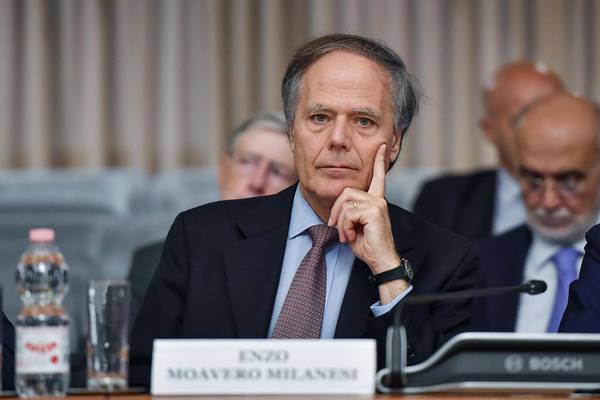
A truncated Libyan Peace Conference in Sicily
Leaders of Libya’s conflicting factions gathered in Palermo, Sicily, in a two-day conference held by Italy to discuss the situation in Libya, as the state of things is still far from a peaceful resolution. Italy’s initiative comes after France hosted a similar summit in May, in which elections where agreed to be held on 10 December, ignoring that the country lacks an electoral law and that newly appointed UN envoy, Ghassan Salamé, is working for the draft of a new constitution before elections take place. On the occasion, President Macron argued that the UN efforts were stalling and that therefore new initiatives were needed. On his side, Salamé stated that the deadline could not be met and proposed, instead, to hold a conference in the first weeks of 2019 leading to “an electoral process starting in 2019” in an attempt to wrest back the UN control of the agenda. However, the conference on Monday symbolises an Italian determination to regain diplomatic responsibility on its former colony. Italian approach differs from the French one: to Italian Foreign Minister Moavero, stability is the only path forward for Libya, and elections should come later. Nevertheless, many point to the fact that Salvini’s anti-refugee policies are incompatible with an attempt to gain legitimacy to lead peace talks. To Tarek Megerisi, Libya specialist at the European council for foreign relations “This whole conference has to be seen primarily as a power play by the Italians against the French. They hoped to make it larger than the Paris summit to show it had greater legitimacy […] From the UN point of view, the summit will be regarded a success if it leads to greater unification of Europe’s position, including EU support for the UN plan for a national conference leading to elections.” Fayez al-Serraj, head of UN-backed Libyan government, attended the meeting, but General Haftar, leading figure in the Eastern part of the country, announced at the last minute that he would not attend it because of Qatar’s presence and “other supporters of al-Qaida”. Haftar’s absence, considered by France as a key figure to stabilise the country, will hinder the success of the meeting.
- The Euromed news are edited by the team of the Euro-Mediterranean Policies Department of the European Institute of the Mediterranean -


